|
LISTEN TO THIS THE AFRICANA VOICE ARTICLE NOW
Getting your Trinity Audio player ready...
|
The calm of Nairobi’s evening traffic was shattered on April 30, 2025, when Kasipul Member of Parliament Charles Ong’ondo Were was fatally shot in a calculated attack that has since sent shockwaves across Kenya’s political landscape.
The 45-year-old legislator, serving his second term in Parliament under the Orange Democratic Movement (ODM) party, was gunned down near the Adams Arcade roundabout along Ngong Road, a highly monitored area known for its round-the-clock traffic surveillance. According to authorities, two men riding a motorcycle had been trailing Were’s vehicle before executing the hit. One of the gunmen is reported to have disembarked, approached the car, and fired multiple rounds at close range before fleeing.
Despite the rapid response by his driver and bodyguard, both of whom were unharmed, Were succumbed to his injuries upon arrival at Nairobi Hospital. He was declared dead on arrival.
This was not a random act of street crime. Police, who have launched a full-scale homicide investigation, are treating the incident as a targeted assassination. “All indications point to a well-planned and deliberate attack,” said police spokesperson Muchiri Nyaga.
The killing comes barely two months after Were made public claims that his life was in danger. In a February address in Homa Bay, the MP spoke ominously of “hired goons” and alleged political enemies who wanted him silenced. “If I am ever killed, Kasipul will change forever,” he warned, referencing the mounting tensions in his constituency. “But they won’t succeed. I sleep with a Bible under my pillow and carry another one in my phone.”
Were’s assassination has triggered grief and fury across the political divide. President William Ruto condemned the killing and directed law enforcement agencies to pursue the perpetrators without hesitation. “This heinous crime must not go unpunished. Those responsible will be brought to justice,” he said.
ODM leader and former Prime Minister Raila Odinga, under whose party Were served, described the MP’s death as a ruthless political execution. “The gangland style execution of Hon Were in broad daylight at the heart of the capital city is shockingly barbaric and must be condemned with total contempt” Odinga said. Odinga appealed for calm and said he had received assurances from the state security agencies that a prompt and conclusive probe would be done.
Speaker of Parliament Moses Wetang’ula called the assassination “a heartbreaking loss to the nation,” hailing Were as a courageous and principled voice in Parliament.
While motive remains speculative, Were’s political alignment in recent months may offer clues. Despite being a staunch opposition figure, he had recently shown support for the political détente between President Ruto and Odinga. Their “broad-based government” arrangement; a post-2022 election pact that allowed for shared governance across party lines, had stirred discomfort among hardliners on both sides. Were was one of the ODM members who embraced the truce, a position that earned him both praise and criticism.
Though the assassination stunned the nation, it was not entirely unexpected to some. Were, a second-term legislator, had long expressed concerns about his safety. In recent months, he had allegedly spoken privately about feeling threatened and being under surveillance. In political circles, there were murmurs that he had made powerful enemies; both within his constituency and beyond.
While national leaders mourned his death and praised his service, views on the ground in Kasipul and across social media painted a more complex picture. Some local voices alleged that Were had adopted an increasingly authoritarian approach in dealing with perceived rivals. He was accused of using intimidation, political exclusion, and manipulation of local networks to neutralize those who challenged his authority. Several people on social media gave accounts of having been sidelined or publicly humiliated, and a few claimed they had faced threats and injuries during his term before his death.
Despite his soft-spoken public persona, Were was seen by many as a highly strategic operator; someone who understood power and wasn’t afraid to wield it. In his first term, he earned praise for delivering development projects and asserting political order in a region often marked by fragmented leadership. However, that assertiveness also drew criticism, especially as accusations of intolerance and suppression of dissent began to surface.
Earlier this year, tensions in Kasipul reportedly escalated during public events, with chaotic scenes and verbal clashes marking several gatherings. Community members cited growing divisions and a climate of fear around local politics, which some now believe may have foreshadowed the MP’s assassination.
Interior Minister Kipchumba Murkomen visited the scene on Thursday, confirming that homicide detectives had already collected forensic evidence and surveillance footage. “We are making progress,” he said, though he declined to give further details.
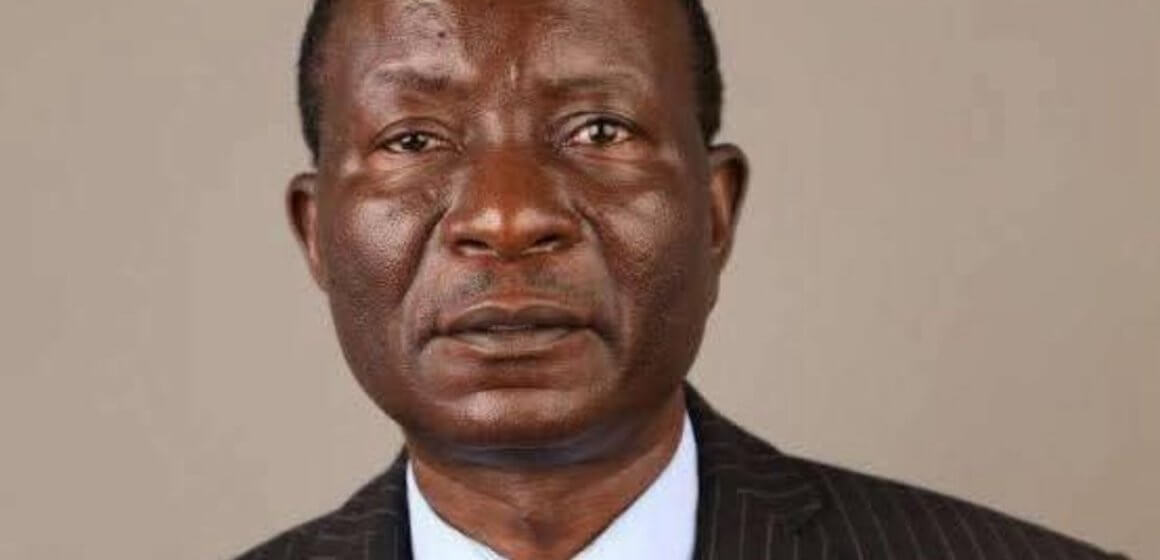
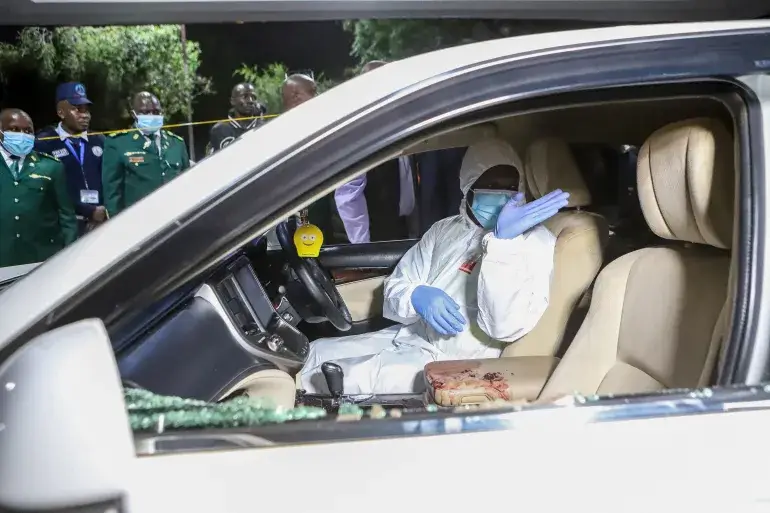


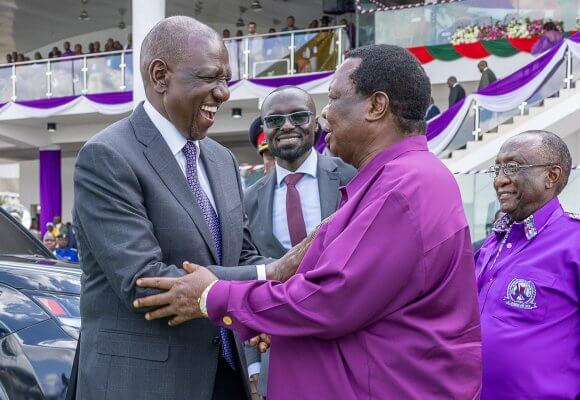
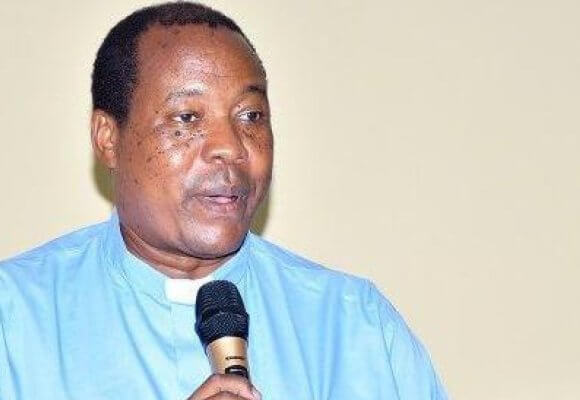
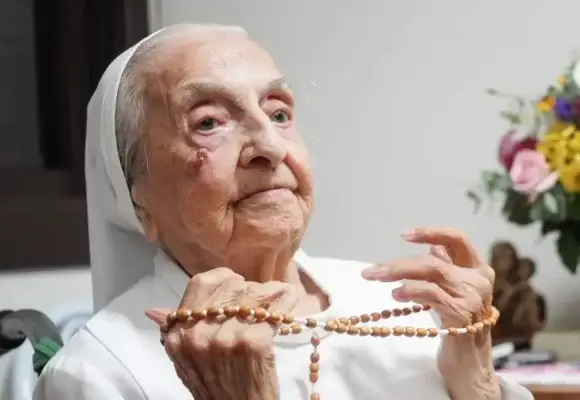





LEAVE A COMMENT
You must be logged in to post a comment.